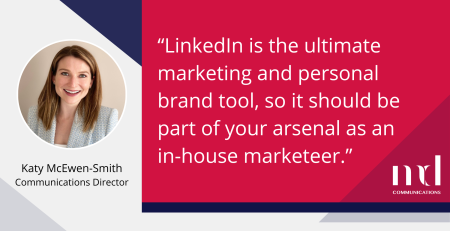Law is one of those professions where reputations have traditionally been built on performance, on interactions, and on who you know. Given this history, the idea that a few online pages could influence whether or not a firm gets business from a certain sector, individual or company might several years ago have seemed rather nonsensical. However, as the digital age progresses, all the evidence points to the fact that a good website really can generate business for a firm – and a bad website can be equally effective at repelling it.
Let’s take a look at some of the basic rules of building and using a really good law firm website. The first of these has to be credibility – in a profession such as law if there is no credibility then it’s highly unlikely that a firm will be instructed, as the issues being dealt with are often of the kind that affect people’s lives very deeply. For a particularly good example of the kind of images that (for us at least) could destroy credibility take a look at the work of Bernadette Kearns, self-labelled as “Wigan’s best-known property lawyer.”
When it comes to the law, notoriety is never a good basis on which to build reputation and we are not convinced that this particular pop culture reference is the way forward for a law firm. It never hurts to have an eye-catching design, a strong theme, and a face to put to a name, but some subtler branding could do the job just as well.
If you want to avoid losing visitors to your website then another crucial factor is to make sure that it works properly. Pages that won’t load, missing graphics, functions that fail and a website that looks cheap and basic is unlikely to inspire confidence in potential clients. The content is also extremely important – just filling pages with words isn’t going to have any effect at all when it comes to converting your visitors into enquiries so make sure your site features well structured, targeted copy. If you can’t do this justice in-house then outsourcing it is essential.
It’s also important to be aware of the search engine optimisation of your website when you’re putting it together. A site with content that is stuffed full of keywords was fine several years ago but in 2013 is likely to put potential clients off and may well also fall foul of Google. ‘Organic’ search and keywords are now the best way to populate your site, so think about the kinds of terms you would use if searching for your services and include these in the copy. Don’t repeat keywords too often as this can produce a ‘clunky’ result and will make your site seem like a fake front, rather than a genuine service offering something useful (the latter of which is now the kind of site Google loves). And finally, make your site personable – whilst you don’t have to go down the Bernadette Kearns route, including photos of the team, video introductions or testimonials from satisfied clients and relevant quotes can provide that finishing flourish that motivates a potential client to get in touch.
If you would like help to make the most of your website – get in touch.











